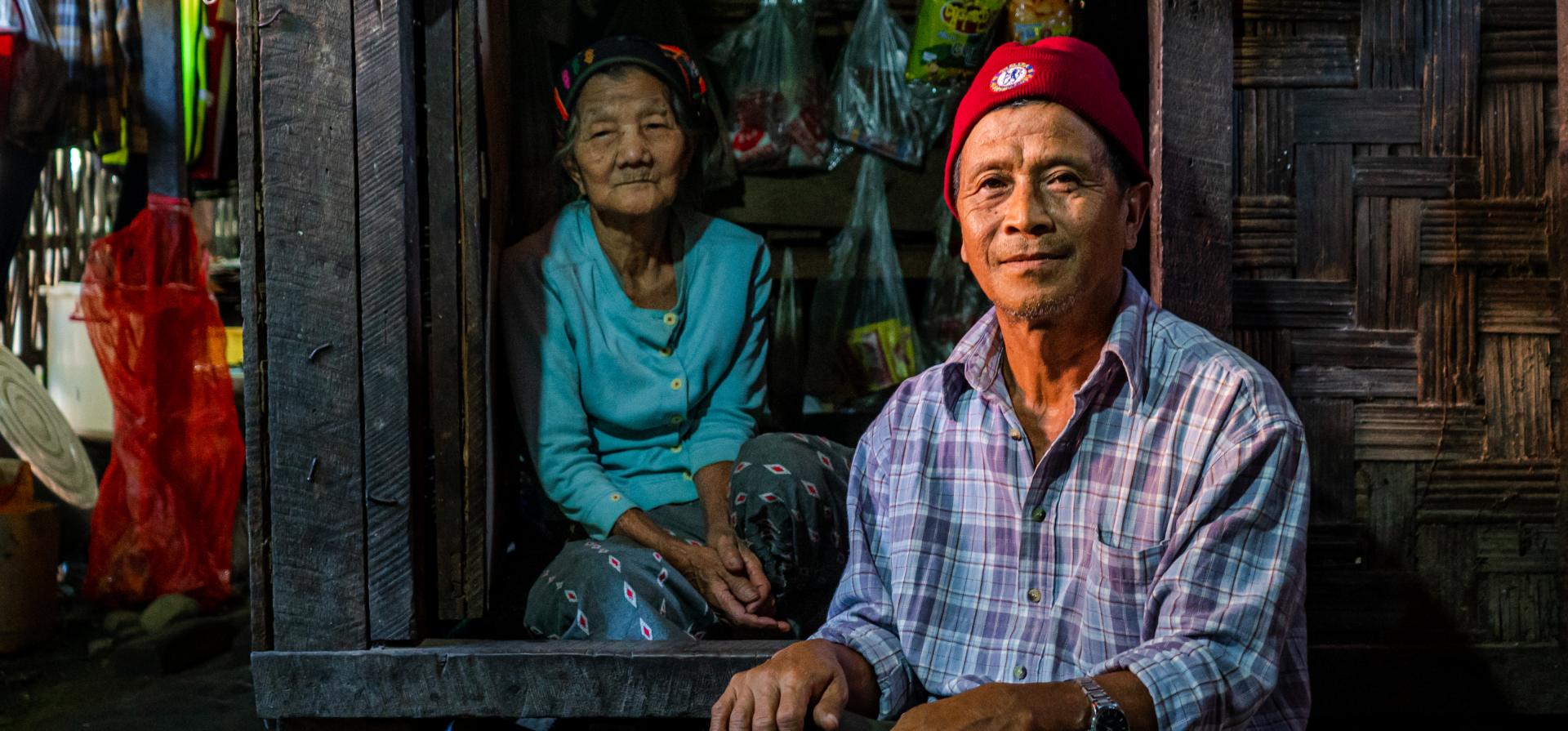Why does UNHCR ask for flexible funding?
UNHCR’s mission is supported by dozens of States, hundreds of companies, and millions of individual donors. What they share is compassion, generosity, and a desire to improve the lives of people who have been forced to flee or who are stateless. Many donors are motivated by a particular cause, something that touched them and spurred them to contribute, and they ask UNHCR to put their funds to good use in relation to that cause. In this way, many of the funds that UNHCR receives are “earmarked”, or dedicated to a particular country or a specific project. This is a vital lifeline for millions of people who are in need.
But instead of earmarking their support to an emergency or operation or theme, many donors contribute “flexible funding” to UNHCR and its mandate as a whole: this is funding as an expression of trust in the Office; as an expression of solidarity with the people the Office serves; and funding which is reflective of good humanitarian donorship and other international principles and commitments. It allows UNHCR critical flexibility in how it responds to needs, and where. This report shows how that happens, offering operational and thematic examples of how flexible funding made a difference.
The value of flexible funding: mandate, emergencies, and global reach
As a humanitarian agency mandated to provide protection and assistance to forcibly displaced and stateless populations, UNHCR’s impact is dependent on its ability to respond swiftly and flexibly. If UNHCR has to wait until resources are raised to respond, precious time and opportunities to make a difference and save lives would be lost. As a rights-based agency, UNHCR’s ability to protect those most affected is core—and is deeply linked to its informed understanding of those who are most vulnerable and most at risk. Flexible funding enables needs-based programming and direction of resources based on a holistic assessment of the intersections of needs, vulnerabilities and risks, both present and future. This is because flexible funding supports all programmatic areas, and allows for strategic and proactive planning and response.
Read more about how UNHCR has used its flexible funding in the first quarter of 2025, allocating it to emergencies, to sustaining operations, and embedding agility into its response.
*The funding information displayed on the dashboards below is updated every two weeks, while the indicative flexible and unearmarked funding allocations are updated monthly.
